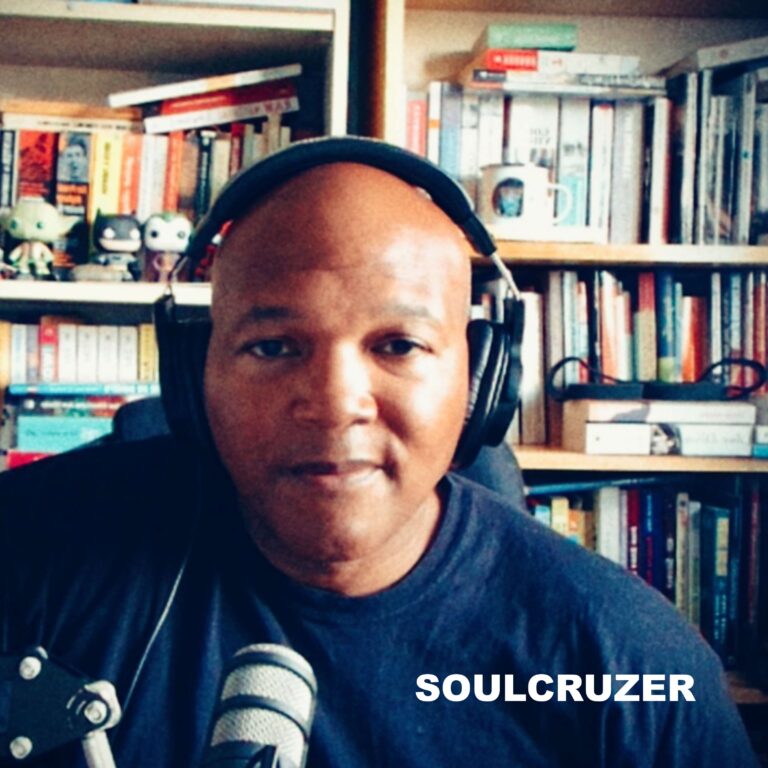(1)
The status quo is a comforting illusion of stability that often appears to us as being immovable. It’s the familiar landscape of the well-trodden path that puts our minds and bodies at ease. Yet, beneath the surface of this apparent tranquillity is a complex web of factors that holds us back from challenging the status quo. This resistance isn’t merely the result of external forces but also of a deeply ingrained internal struggle.
(2)
Fear is perhaps the most potent barrier, casting its long shadow over our aspirations for change. Fear of the unknown, failure, and being shunned by others can stop even the most driven people in their tracks. Our minds are wired for survival and prefer the certainty of known discomforts to the unpredictability of uncharted territories. Our psyches crave predictability, even if it means sacrificing growth. Like Sisyphus, we may well choose the infernal repetition of pushing our familiar boulder up the hill rather than confront the terrifying potential of freedom.
(3)
Social conditioning also plays a formidable role. From a young age, we are taught to conform, to colour within the lines, and to not rock the boat. The educational system, societal norms, and even our family structures reward us for our compliance and discourage us from dissenting. This conditioning forms a psychological cage, making the status quo seem not just acceptable but desirable. In the words of Michel Foucault, power is most effective when it is least visible, and the subtle, pervasive influence of societal expectations often goes unnoticed, yet profoundly shapes our actions.
(4)
The inertia of tradition exerts a gravitational pull over us. Historical precedents and cultural legacies bind us to the past, creating a sense of loyalty to the ways of those who came before us. This respect for tradition can become a shackle, making innovation feel like betrayal. The weight of our collective history can crush the individual will to break free, creating a sense of inevitability and resignation.
(5)
Economic and material considerations also chain us to the status quo. The pursuit of stability and financial security can make the risks associated with challenging the norm seem untenable. For many of us, the stakes are simply too high. The fear of losing your livelihood, social standing, or even basic survival in a capitalist society can render the thought of change a luxury rather than a necessity.
(6)
There lies within us a spark, a flicker of discontent, that whispers of possibilities beyond the horizon. This inner voice, often drowned out by the noise of everyday life, is the essence of human potential and resilience. It’s the whisper of Emerson’s “Self-Reliance,” the call to trust yourself and forge a path guided by inner conviction rather than external validation. This voice reminds us that the greatest innovations and social advancements were born from the courage to defy the status quo.
(7)
Consider the stories of those who dared to dream differently: Galileo, whose heliocentric theory challenged the geocentric dogma of the church; Rosa Parks, whose simple act of defiance sparked a revolution in civil rights; or the Beat poets, whose rejection of conventional literary forms gave voice to a generation. These individuals, and countless others, remind us that progress is born from rebellion, from the audacity to envision a world anew.
(8)
In challenging the status quo, we confront not only societal structures but also our inner demons. It requires a profound shift in perspective, a willingness to embrace uncertainty, and a commitment to personal growth. It demands that we cultivate resilience, curiosity, and a deep-seated belief in the possibility of change.
(9)
As we navigate through life, we must ask ourselves: What kind of legacy do we wish to leave behind? Will we be content to tread the well-worn paths, or will we forge new ones, guided by the light of our unique vision? The journey to challenge the status quo begins with a single step—a step that requires courage, conviction, and a willingness to listen to that persistent, insistent whisper within.
(11)
What truths are you willing to uncover, and what fears are you prepared to face, to create a world that resonates with your deepest values and highest aspirations?
Discover more from soulcruzer
Subscribe to get the latest posts sent to your email.






